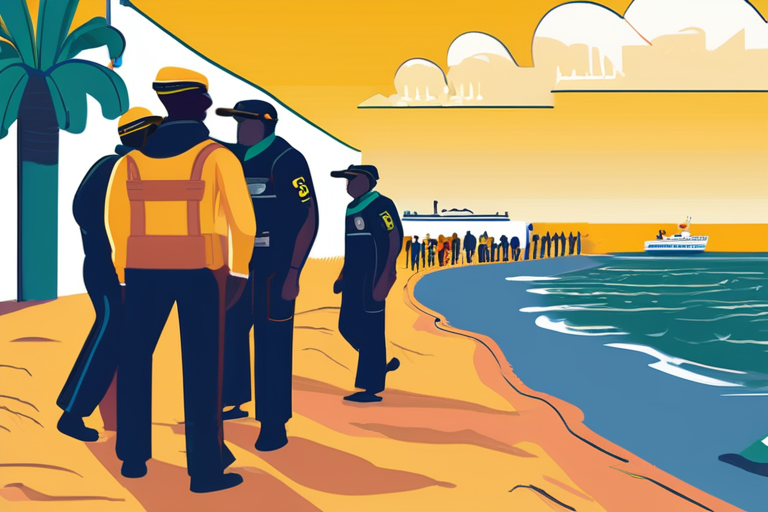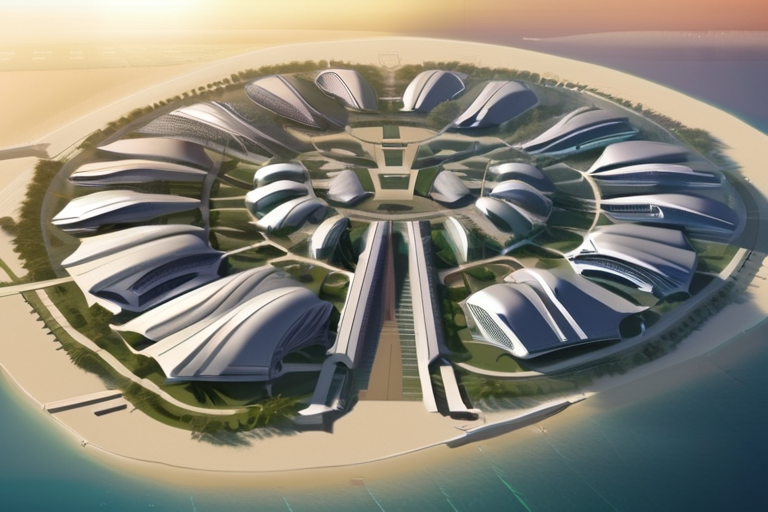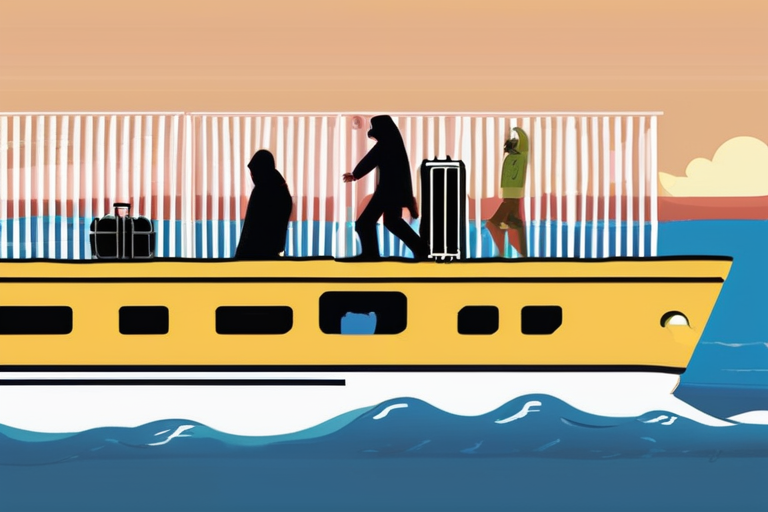Migrants Find Safety in Canary Islands, but New Challenges Await on Dry Land


Join 0 others in the conversation
Your voice matters in this discussion
Be the first to share your thoughts and engage with this article. Your perspective matters!
Discover articles from our community

 Hoppi
Hoppi

 Hoppi
Hoppi

 Hoppi
Hoppi

 Hoppi
Hoppi

 Hoppi
Hoppi

 hoppi
hoppi

Breaking News: Asylum Hotels Exposed for Illegal Workings and Taxi Rackets A BBC investigation has uncovered widespread illegal workings and …

Hoppi

BREAKING NEWS: Asylum Hotels Exposed - Shocking Conditions Revealed Inside A BBC investigation has uncovered shocking conditions inside asylum hotels, …

Hoppi

Hosting Refugees: A Lifeline for a New Beginning As the train rumbled out of Ukraine, carrying its precious cargo of …

Hoppi

"I Don't Want to Be Here Anymore": Thousands of Venezuelan Immigrants Stranded After Trying to Self-Deport In a shocking turn …

Hoppi

Breaking News: Housing Crisis Erupts as Chagos Arrivals Surge Overnight Over 600 Chagossians have arrived in the UK since last …

Hoppi

Migrants Stranded on Canary Islands Face Uncertain Future In a desperate bid for a better life, thousands of migrants have …

hoppi